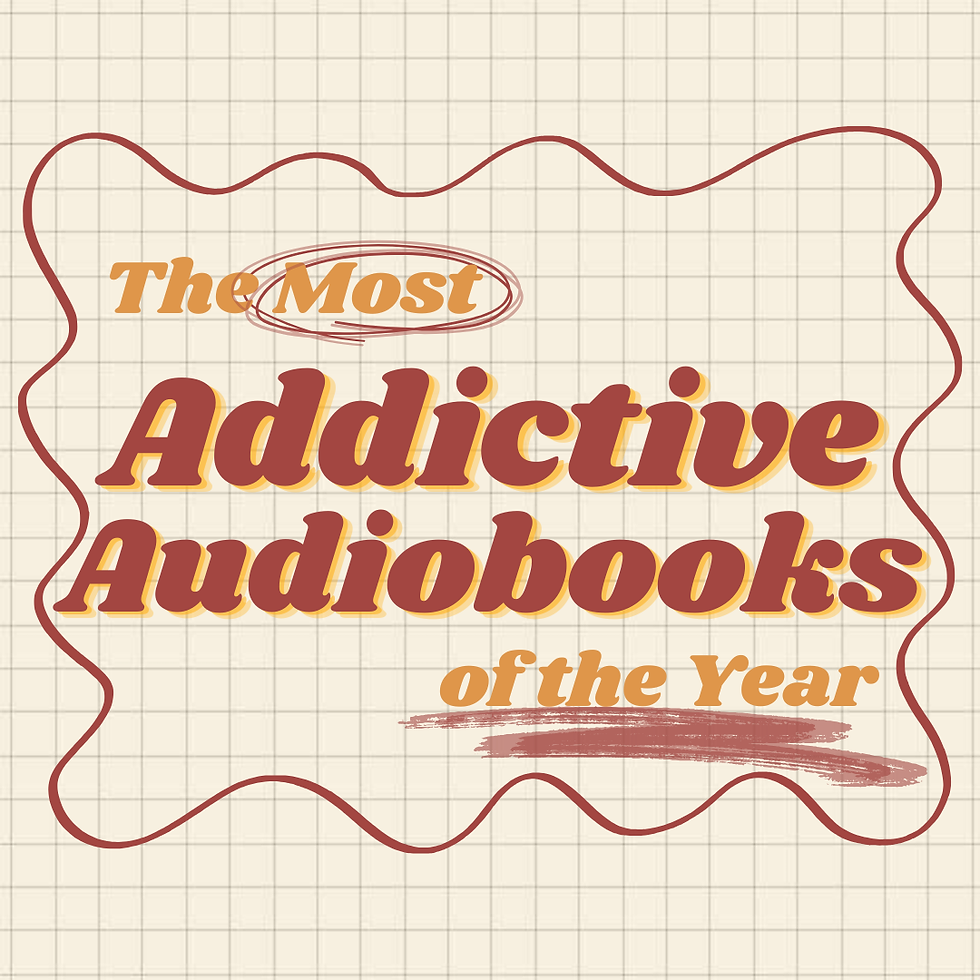New Ends & New Beginnings: Reflecting Upon the Groundwork Laid Out For Us By Our Predecessors
- The Publishing Post

- Jul 3, 2024
- 4 min read
By Chloë Marshall, Natalie Klinkenberg, Frankie Harnett and Mishelle Kennady
Want to read more?
Subscribe to thepublishingpost.com to keep reading this exclusive post.








